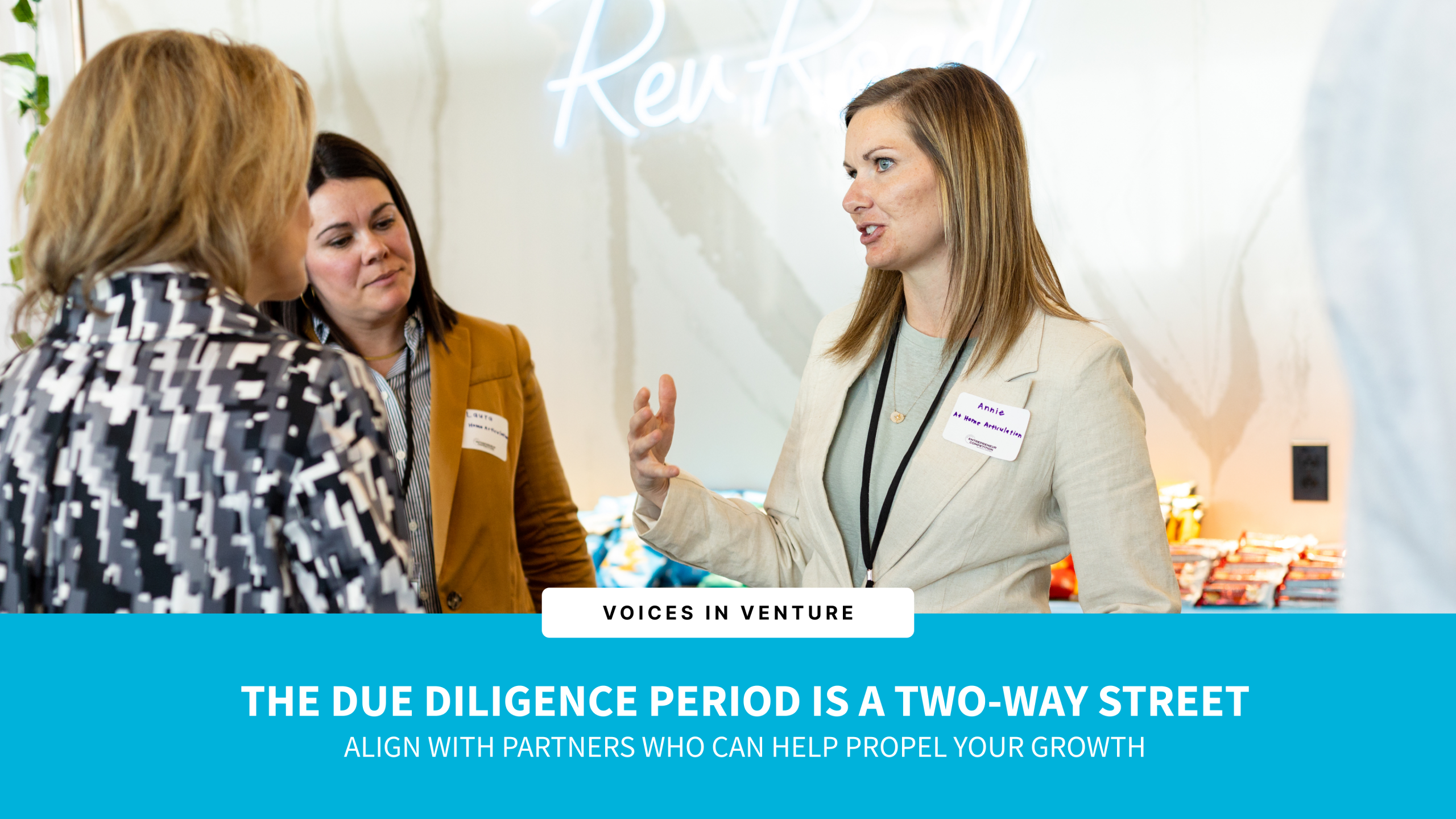The due diligence period is a critical phase in the investment process, giving investors the chance to take a deep dive into a startup’s operations, strategy, finances, and overall potential.
During this time, investors verify the information presented by a startup, ensuring that they fully understand the risks and opportunities before finalizing their investment and signing a check.
Understanding the Scope
If you are seeking funding, or looking for a sweat equity investment, here is what you can expect investors to be looking at during the due diligence process:
- Financials: Review of past financial statements and future projections. This helps verify the startup’s financial health and the realism of its forecasts.
- Legal: Examination of legal standings, including patents, intellectual property rights, employment contracts, and compliance with relevant laws.
- Market: Analysis of the startup’s market size, competition, growth potential, and position within the industry.
- Technology: Assessment of the technological foundation of the product or service, ensuring it’s both sound and scalable.
- Team: Evaluation of the startup’s leadership and team capabilities, ensuring they have the skills and experience to execute their business plan.
How Due Diligence Works
During the due diligence process, both founders and investors play distinct roles in gathering and providing information.
Founders are typically responsible for organizing and preparing key documents for investors to review. This includes financial statements, business plans, market research reports, legal agreements (such as IP rights and contracts), and operational documents. They are also responsible for facilitating access to the company’s premises, key personnel, and any other resources that investors may need to conduct their due diligence effectively.
Investors’ responsibilities include reviewing the documents and information provided by startup founders and conducting independent verification of the information. This involves engaging in additional research, background checks, or consulting external experts to validate claims made by the founders.
With this information, investors will assess the risks associated with the investment—considering factors such as market competition, technological feasibility, legal compliance, and financial stability—then negotiate terms and conditions of the investment—including valuation, equity stake, governance rights, and any specific provisions to mitigate identified risks. Ultimately, investors use their findings from due diligence to make an informed decision about whether to proceed with the investment, negotiate further, or decline the opportunity.
Effective collaboration and transparency between founders and investors are crucial for a successful due diligence process and building a strong investor-founder relationship.
What To Expect as a Founder
- Be Prepared: Before entering due diligence, ensure all your documents and data rooms are organized. This includes financial records, business plans, market research, legal documents, and more. Being well-prepared can significantly speed up the process—but still expect the due diligence process to last a few weeks or even a few months.
- Transparency is Key: Always be honest about the challenges and risks your business faces. Investors would prefer that you be upfront with them rather than surprise them after they’ve committed their funds. Being transparent can build trust and lead to a better partnership.
- In-depth Questioning: Be ready to answer detailed questions about every aspect of your business. This might include discussions about your revenue model, customer acquisition strategies, cost structures, and long-term vision.
- It’s a Two-way Street: Just as investors are evaluating you, use this period to assess them. Are they the right partners for your business? Do they bring more than just money to the table, such as strategic advice, industry connections, or operational expertise?
- Follow-Up Promptly: Quick responses to requests for information can help maintain momentum and show your commitment to the process.
The due diligence period is more than just a hurdle to secure funding; it’s an opportunity to refine your business strategy and align with partners who can help propel your growth. Founders should approach it with the seriousness it deserves, putting their best foot forward and ensuring they present their startup accurately and completely.



